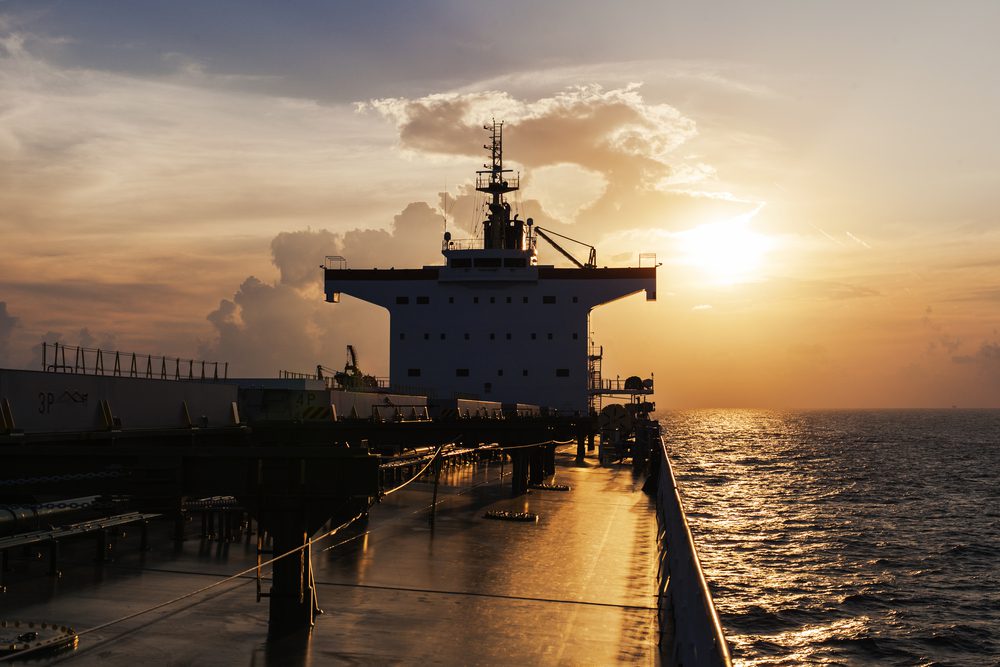Intertanko Council reaffirmed support for a single IMO-based greenhouse gas (GHG) emissions-reduction framework and agreed to gather real-world data on transitional pathways
Following Intertanko’s first meeting since the adjournment of IMO’s MEPC ES meeting in October, Intertanko managing director Tim Wilkins noted, “Evidence supporting transitional pathways must be presented to IMO early enough to influence and shape a global solution.”
At the meeting, Intertanko’s Council reinforced the association’s commitment to a single global regulatory framework and to certainty on the use of transitional pathways to meet IMO’s GHG emissions-reduction targets.
The Council decision reflected what Intertanko deputy director, environment, Emma Scheiris described as members’ continued commitment and alignment in driving decarbonisation forward, even though they follow different routes to meet their emissions-reduction goals.
Mr Wilkins said Intertanko has been consistent in seeking a global solution through IMO to meet the 2023 IMO GHG emissions-reduction targets while respecting the ’polluter pays’ principle.
He added, in the association’s view, the regulatory framework needs to support the full spectrum of transitional pathways, taking in energy-saving devices, wind-assisted propulsion, LNG, sustainable biofuels, shore power and carbon capture.
Council members voiced their support for Intertanko to maintain an active role in contributing to IMO’s draft guidelines and to work with stakeholders to validate these transitional pathways.
Many member companies have already assessed the validity of these approaches, and evidence was emerging that they could form the basis for meeting reduction targets beyond 2040 and up to 2050.
Intertanko stated that the consolidated data and information supported both the environmental and business case for using transitional pathways to meet IMO’s GHG emissions-reduction targets, and this material should guide discussion of trajectories and the design of a simple, practical legislative framework.
To advance this work, Intertanko will form a working group of member companies to validate transitional pathways using practical, real-world experience.
The group has been tasked with gathering evidence on the measures available to reduce GHG emissions from ships and with supplementing member company data through collaboration with external experts and interested parties.
Mr Wilkins said validating the pathways with real-world data and analysis should give regulators confidence to incorporate these approaches into the global framework and provide the certainty and confidence in the regulatory process the industry requires.
According to Intertanko, the association represented 178 members with a combined fleet of more than 3,800 tankers totalling over 355M dwt as of January 2025, alongside some 220 associate members connected to the tanker industry.





